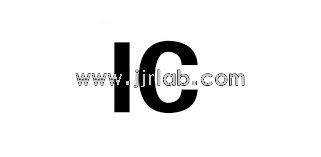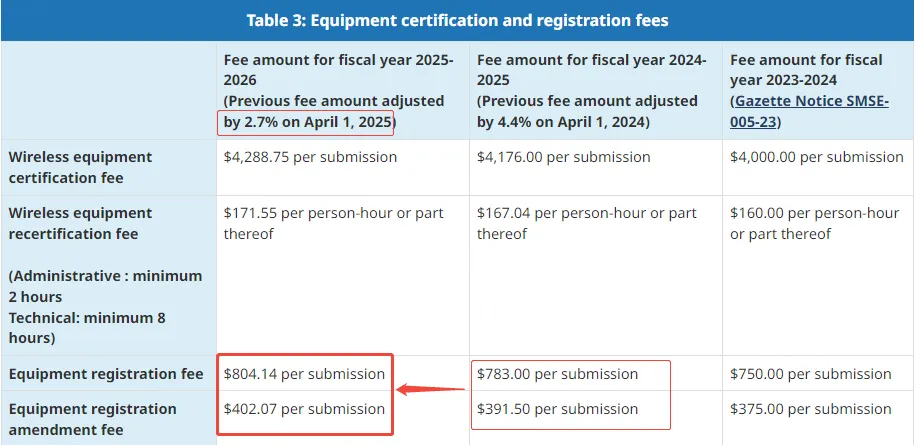
CB Certification Process Q&A
cb certification is an international certification system initiated by the IECEE (IEC System of Conformity Assessment Schemes for Electrotechnical Equipment and Components). Its main purpose is to help enterprises overcome mULtiple certification requirements when entering international markets, allowing products to be tested once and recognized in multiple countries.

Full Name and Meaning of CB Certification
The full name of CB Certification is the "iecee cb scheme for Certification Bodies" (IECEE CB Scheme). The "CB" stands for "Certification Bodies." The CB Scheme is an international system established by the IECEE, aimed at promoting mutual recognition of electrical product safety test results among its members.
Frequently Asked Questions (FAQ)
1. Can I directly sell products in other countries after obtaining a cb certificate?
Answer:No. Although CB certification simplifies the certification process in other member countries, you still need to apply for local certification through the target country's National Certification Body (NCB) and meet the local regulations and special requirements to legally sell your products.
2. What are National Differences?
Answer:National Differences refer to supplements, modifications, or deletions to the IEC standards made by member countries based on their own laws, regulations, technical requirements, climate conditions, etc. This means that products must meet the IEC standards as well as the special requirements of the target country.
3. How are National Differences handled in CB Certification?
Answer:
- Identify the target market’s differences before testing.
- Perform additional tests related to these differences during the cb testing process, and include the results in the cb test report.
- Submit the CB test report including these difference test results when applying for certification in the target country.
4. How to apply for CB Certification?
Answer:
- Choose an accredited CB Testing Laboratory (CBTL) with qualifications for your product category.
- Submit your application and product samples along with necessary technical documentation.
- Products undergo testing according to IEC standards.
- After passing, the National Certification Body (NCB) issues the cb test certificate and report.
5. What is the validity period of a CB certificate?
Answer:CB test certificates do not have a fixed validity period. However, if the relevant IEC standards are updated or if there are significant changes in the product design, re-testing and re-certification are required.
6. Does CB Certification include Electromagnetic Compatibility (EMC) testing?
Answer:CB Certification mainly focuses on product safety and does not include emc testing. If the target market requires emc compliance, additional EMC testing and certification according to relevant EMC standards are necessary.
7. Can I apply for multiple certifications simultaneously?
Answer:Yes. You can consider multiple target markets' differences during the CB testing stage, include all related test results in the CB test report, which facilitates applying for multiple certifications afterward.
8. How to handle CB Certification for products with multiple models?
Answer:For products with multiple models, companies can apply for model series certification. Representative samples are selected for testing, and the differences between models are explained in the CB test report. The laboratory will assess the extent of differences to determine whether all models in the series require testing.
Email:hello@jjrlab.com
Write your message here and send it to us
 What is Protection Class EN 60529?
What is Protection Class EN 60529?
 IP69 Certified Protection
IP69 Certified Protection
 California Energy Commission Testing Lab
California Energy Commission Testing Lab
 What Does the Canadian IC Mark Mean?
What Does the Canadian IC Mark Mean?
 How Much is the Canada IC ID Certification cost?
How Much is the Canada IC ID Certification cost?
 How Much is the Canada IC ID Certification Fee?
How Much is the Canada IC ID Certification Fee?
 How Much is the UL 982 Test Report csost?
How Much is the UL 982 Test Report csost?
 ISO/IEC 17025 Accredited Test Laboratory
ISO/IEC 17025 Accredited Test Laboratory
Leave us a message
24-hour online customer service at any time to respond, so that you worry!




